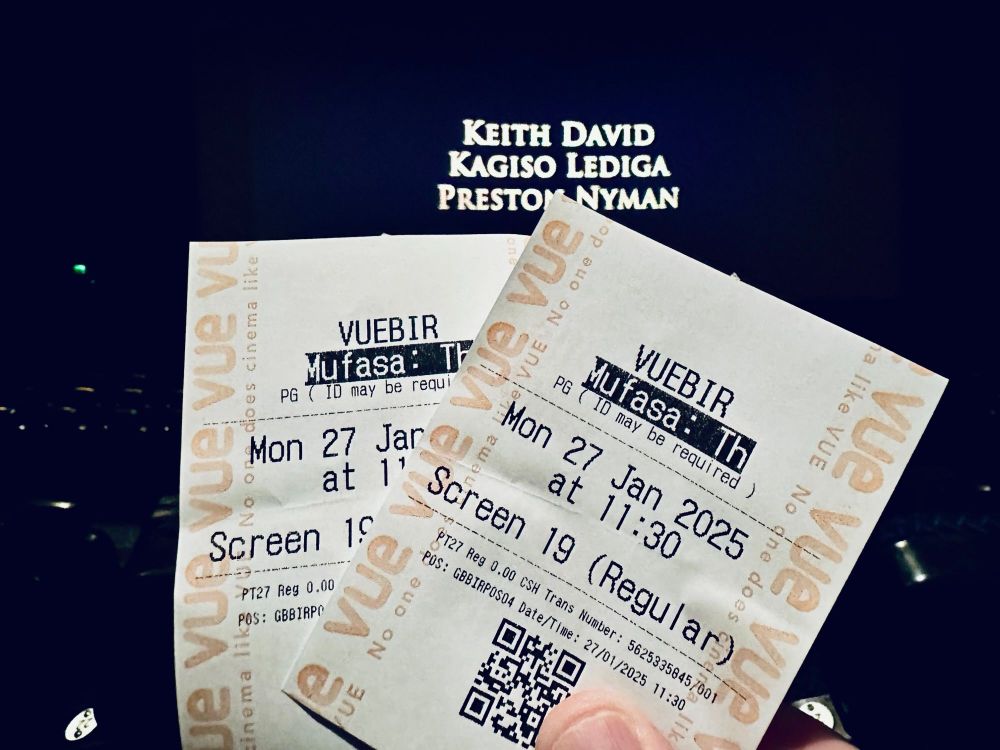
1️⃣ Well-being strengthens outcomes, not weakens them.
2️⃣ Build flexibility into timetabling before you need it.
3️⃣ Leadership is about systems, not dependency.
4️⃣ AI could make time-off seamless.
5️⃣ Model the culture you want to see.
1️⃣ Well-being strengthens outcomes, not weakens them.
2️⃣ Build flexibility into timetabling before you need it.
3️⃣ Leadership is about systems, not dependency.
4️⃣ AI could make time-off seamless.
5️⃣ Model the culture you want to see.


🔹 AI-driven scheduling will optimise staff flexibility
🔹 Tools will predict cover & adjust timetables dynamically
🔹 Personal Days integrated with minimal disruption
🔹 AI-driven scheduling will optimise staff flexibility
🔹 Tools will predict cover & adjust timetables dynamically
🔹 Personal Days integrated with minimal disruption

✅Teachers feel less rushed and have more energy for teaching.
✅Classrooms become hubs of learning, fostering focus through stability.
✅The school runs more smoothly, with fewer disruptions.
✅Teachers feel less rushed and have more energy for teaching.
✅Classrooms become hubs of learning, fostering focus through stability.
✅The school runs more smoothly, with fewer disruptions.
⭐Belong: Teachers and students feel supported with consistent spaces.
⭐Excel: Teachers focus fully on high-quality education without logistical barriers.
⭐Belong: Teachers and students feel supported with consistent spaces.
⭐Excel: Teachers focus fully on high-quality education without logistical barriers.
✅Use school layouts to group rooms effectively.
✅Prioritise rooms that match subject needs.
✅Manage student flow to prevent bottlenecks.
✅Seek feedback from teachers to improve.🤝

✅Use school layouts to group rooms effectively.
✅Prioritise rooms that match subject needs.
✅Manage student flow to prevent bottlenecks.
✅Seek feedback from teachers to improve.🤝
With high demand for labs and limited capacity, achieving sufficiency is tough. We’re exploring:
🔬 Rotating practical / theory lessons to maximise lab time.
🔬 Long-term planning to identify demands.
🔬 Reviewing regularly & adjust as needed.
With high demand for labs and limited capacity, achieving sufficiency is tough. We’re exploring:
🔬 Rotating practical / theory lessons to maximise lab time.
🔬 Long-term planning to identify demands.
🔬 Reviewing regularly & adjust as needed.
✅Quickly analyse room usage and find inefficiencies.
✅Visualise scenarios for room and teacher allocation.
✅Match subject needs to the best available spaces.
✅Adjust this throughout the year as needs change
✅Quickly analyse room usage and find inefficiencies.
✅Visualise scenarios for room and teacher allocation.
✅Match subject needs to the best available spaces.
✅Adjust this throughout the year as needs change
✅Prioritise these rooms for practical lessons.
✅Ensure resources are available when needed.
✅Optimise how these spaces are used to maximise learning.
Specialised rooms mean better experiences! 🔬🎨🎼

✅Prioritise these rooms for practical lessons.
✅Ensure resources are available when needed.
✅Optimise how these spaces are used to maximise learning.
Specialised rooms mean better experiences! 🔬🎨🎼
✅Materials and resources stay organised.
✅Students benefit from stable, familiar environments.
✅Teachers save time setting up, letting them concentrate on their teaching.
✅Materials and resources stay organised.
✅Students benefit from stable, familiar environments.
✅Teachers save time setting up, letting them concentrate on their teaching.
✅ Assign rooms close together, especially for consecutive lessons.
✅Group related subjects or year groups in nearby spaces.
✅Keep walking distances short so teachers can focus on teaching.

✅ Assign rooms close together, especially for consecutive lessons.
✅Group related subjects or year groups in nearby spaces.
✅Keep walking distances short so teachers can focus on teaching.
https://buff.ly/4amuzc5
https://buff.ly/4amuzc5

